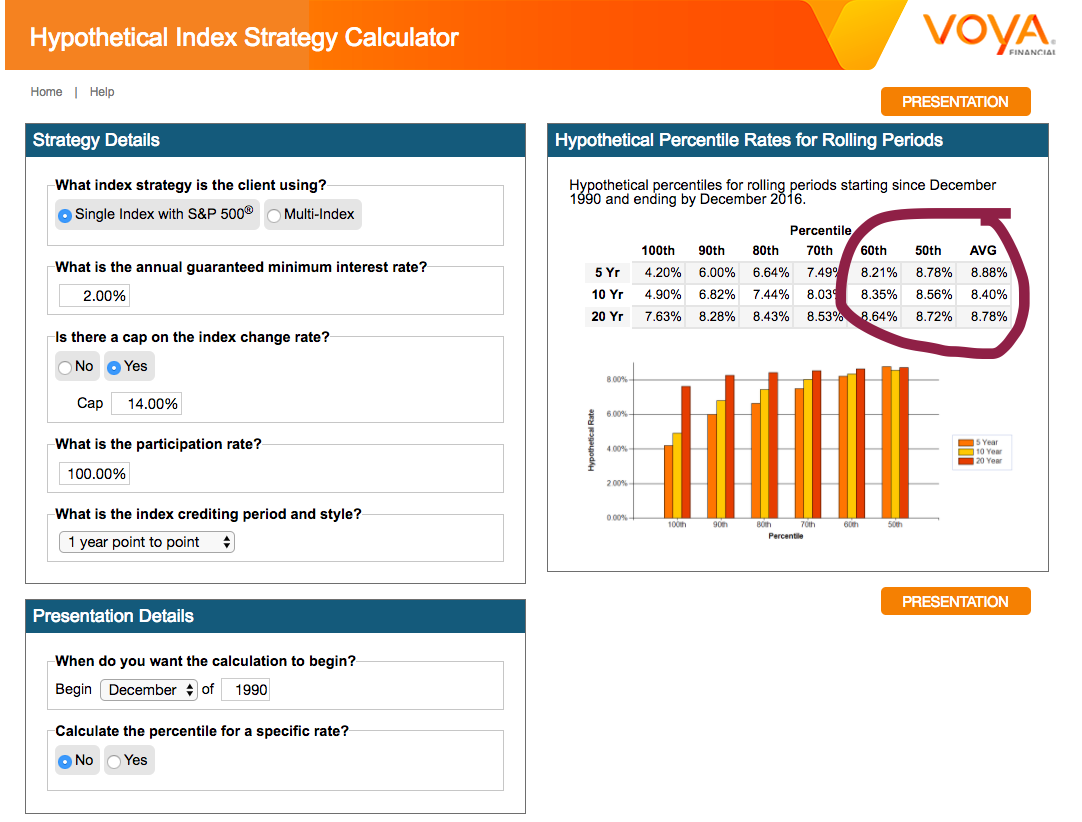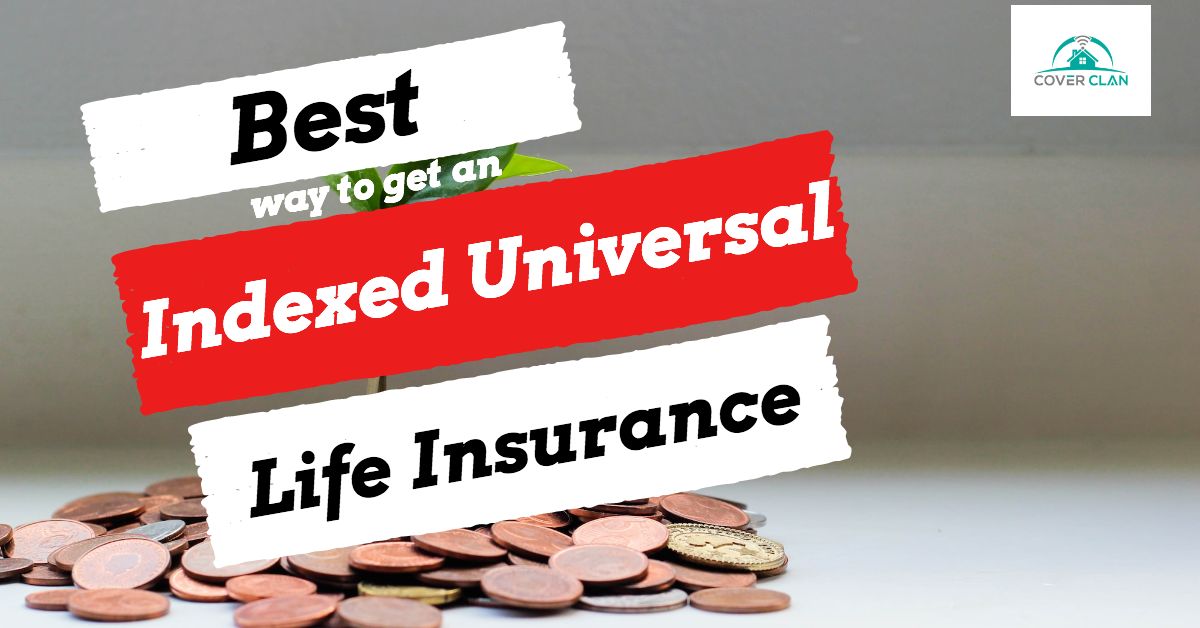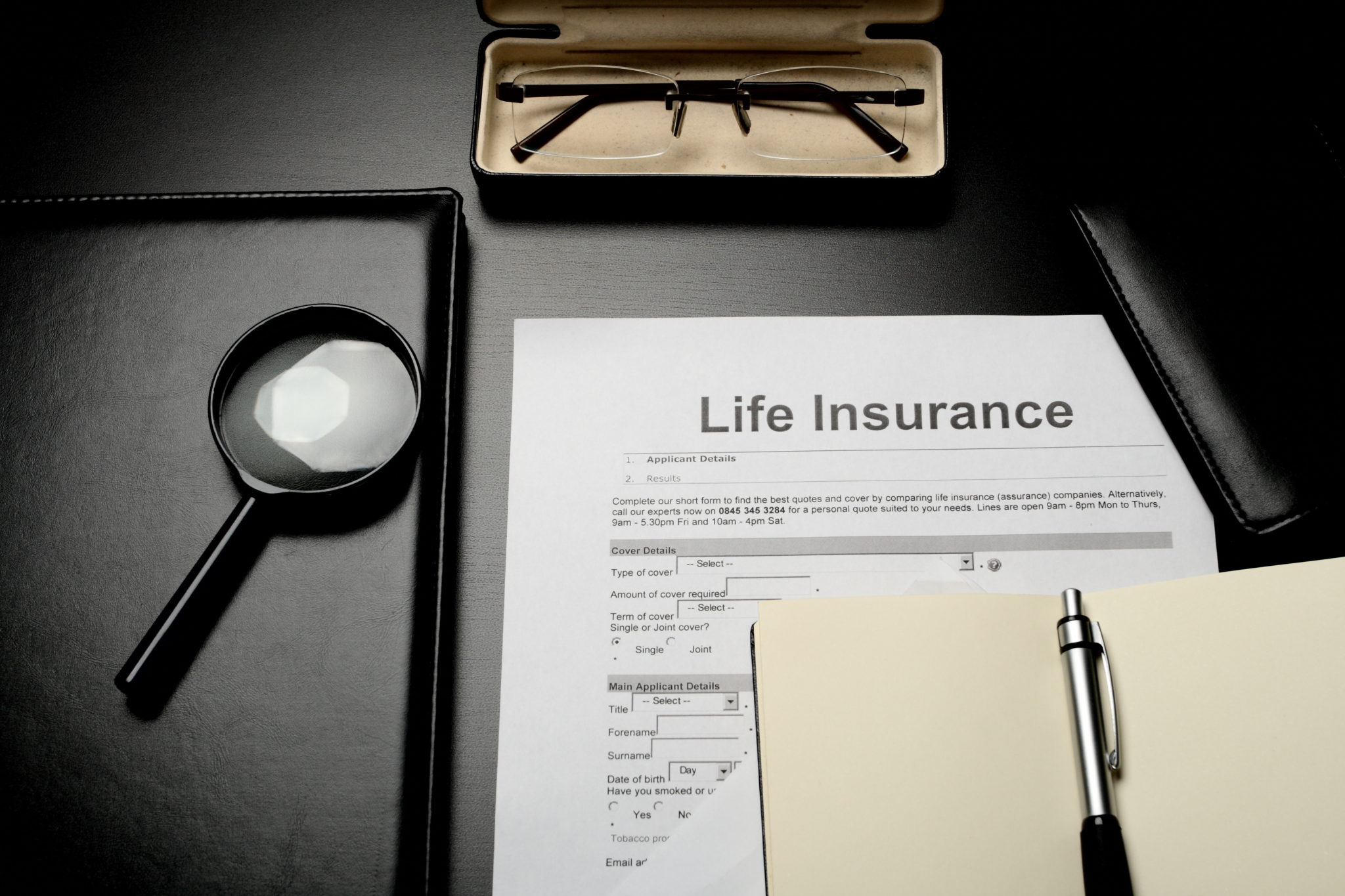All Categories
Featured
Table of Contents
Do they compare the IUL to something like the Lead Overall Supply Market Fund Admiral Shares with no lots, an expenditure proportion (EMERGENCY ROOM) of 5 basis points, a turnover proportion of 4.3%, and a phenomenal tax-efficient document of circulations? No, they compare it to some dreadful actively handled fund with an 8% lots, a 2% EMERGENCY ROOM, an 80% turnover ratio, and an awful document of short-term capital gain distributions.
Common funds often make yearly taxed distributions to fund proprietors, even when the value of their fund has dropped in worth. Mutual funds not just need earnings coverage (and the resulting annual taxation) when the mutual fund is increasing in value, however can also enforce earnings taxes in a year when the fund has gone down in worth.
That's not just how common funds work. You can tax-manage the fund, collecting losses and gains in order to minimize taxable distributions to the capitalists, however that isn't in some way mosting likely to transform the reported return of the fund. Only Bernie Madoff kinds can do that. IULs stay clear of myriad tax traps. The ownership of mutual funds may need the mutual fund owner to pay approximated taxes.

IULs are simple to position so that, at the proprietor's death, the recipient is not subject to either earnings or estate tax obligations. The very same tax obligation reduction methods do not work almost too with mutual funds. There are countless, frequently pricey, tax obligation catches linked with the moment trading of mutual fund shares, catches that do not put on indexed life insurance policy.
Opportunities aren't really high that you're going to go through the AMT due to your common fund circulations if you aren't without them. The rest of this one is half-truths at finest. For circumstances, while it holds true that there is no revenue tax due to your heirs when they acquire the profits of your IUL plan, it is also real that there is no revenue tax obligation as a result of your beneficiaries when they inherit a common fund in a taxed account from you.
Iul Life Insurance Cost
There are much better ways to prevent estate tax issues than acquiring investments with low returns. Mutual funds may create income taxation of Social Safety benefits.

The growth within the IUL is tax-deferred and might be taken as free of tax revenue using finances. The policy proprietor (vs. the shared fund manager) is in control of his/her reportable revenue, thus enabling them to reduce or even get rid of the taxes of their Social Safety benefits. This set is wonderful.
Right here's an additional marginal issue. It's true if you buy a mutual fund for claim $10 per share prior to the circulation day, and it distributes a $0.50 circulation, you are then mosting likely to owe tax obligations (probably 7-10 cents per share) although that you haven't yet had any gains.
However ultimately, it's really concerning the after-tax return, not just how much you pay in tax obligations. You are going to pay even more in tax obligations by utilizing a taxable account than if you buy life insurance policy. However you're additionally possibly going to have even more money after paying those taxes. The record-keeping needs for having mutual funds are dramatically extra intricate.
With an IUL, one's documents are maintained by the insurance provider, copies of yearly statements are sent by mail to the proprietor, and circulations (if any type of) are totaled and reported at year end. This one is additionally sort of silly. Of training course you need to keep your tax obligation records in case of an audit.
Instant Universal Life Insurance Quote
Barely a reason to get life insurance coverage. Shared funds are typically component of a decedent's probated estate.
In addition, they undergo the delays and costs of probate. The proceeds of the IUL plan, on the various other hand, is constantly a non-probate circulation that passes beyond probate directly to one's named beneficiaries, and is consequently not subject to one's posthumous financial institutions, unwanted public disclosure, or similar delays and expenses.
We covered this one under # 7, but simply to wrap up, if you have a taxable common fund account, you have to put it in a revocable depend on (or perhaps easier, use the Transfer on Death classification) in order to prevent probate. Medicaid disqualification and lifetime income. An IUL can offer their proprietors with a stream of earnings for their whole life time, regardless of for how long they live.

This is helpful when organizing one's events, and converting assets to earnings before a nursing home arrest. Mutual funds can not be converted in a similar way, and are often thought about countable Medicaid assets. This is another dumb one promoting that poor individuals (you recognize, the ones who need Medicaid, a federal government program for the inadequate, to pay for their nursing home) must utilize IUL rather of shared funds.
Universal Life Option A
And life insurance policy looks horrible when compared relatively against a retired life account. Second, individuals who have money to buy IUL above and beyond their pension are going to have to be terrible at taking care of money in order to ever before get approved for Medicaid to spend for their retirement home expenses.
Persistent and terminal ailment rider. All plans will certainly permit an owner's easy accessibility to cash money from their policy, often waiving any type of surrender penalties when such individuals suffer a significant ailment, require at-home treatment, or come to be constrained to an assisted living facility. Shared funds do not give a similar waiver when contingent deferred sales costs still put on a common fund account whose proprietor requires to market some shares to fund the prices of such a stay.
Surrender Cost Index Life Insurance
You get to pay more for that advantage (motorcyclist) with an insurance coverage policy. Indexed universal life insurance supplies death advantages to the recipients of the IUL owners, and neither the proprietor nor the beneficiary can ever before lose money due to a down market.
Now, ask on your own, do you in fact require or desire a death benefit? I definitely do not need one after I get to economic freedom. Do I want one? I intend if it were cheap enough. Naturally, it isn't inexpensive. Typically, a buyer of life insurance policy pays for real cost of the life insurance policy advantage, plus the prices of the policy, plus the profits of the insurer.
Guaranteed Universal Life Quotes
I'm not totally sure why Mr. Morais tossed in the entire "you can't shed cash" once more below as it was covered quite well in # 1. He simply wished to repeat the most effective marketing factor for these things I expect. Once again, you do not shed small dollars, yet you can shed real dollars, in addition to face severe possibility expense because of low returns.

An indexed global life insurance coverage plan owner might exchange their policy for an entirely various plan without triggering earnings tax obligations. A shared fund proprietor can not move funds from one common fund business to an additional without marketing his shares at the former (therefore causing a taxable occasion), and buying new shares at the latter, often based on sales charges at both.
While it holds true that you can exchange one insurance policy for one more, the factor that individuals do this is that the initial one is such a dreadful plan that also after purchasing a new one and undergoing the very early, unfavorable return years, you'll still come out in advance. If they were marketed the right plan the very first time, they shouldn't have any type of desire to ever exchange it and undergo the early, negative return years again.
Table of Contents
Latest Posts
Universal Life Insurance Rates By Age
Iul Life Insurance Pros And Cons
Vul Vs Iul
More
Latest Posts
Universal Life Insurance Rates By Age
Iul Life Insurance Pros And Cons
Vul Vs Iul